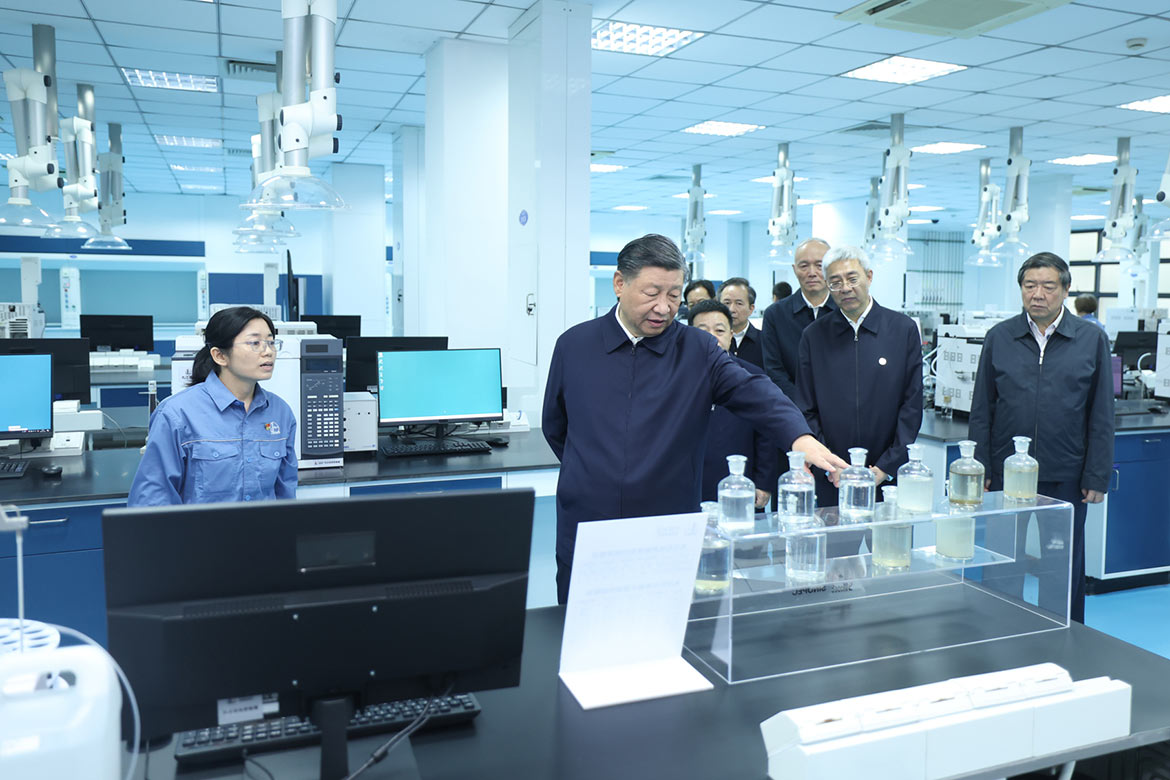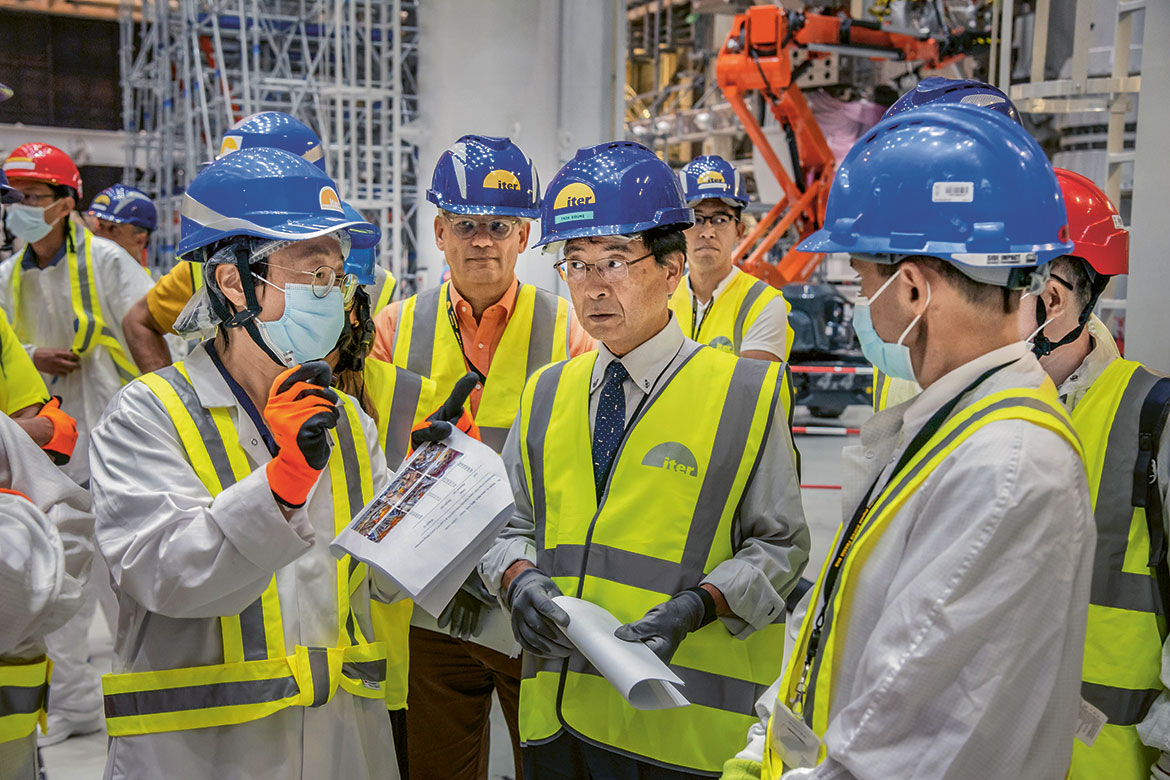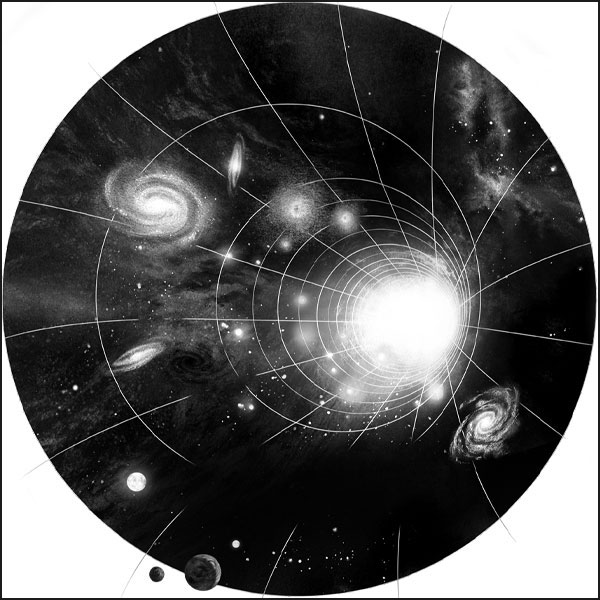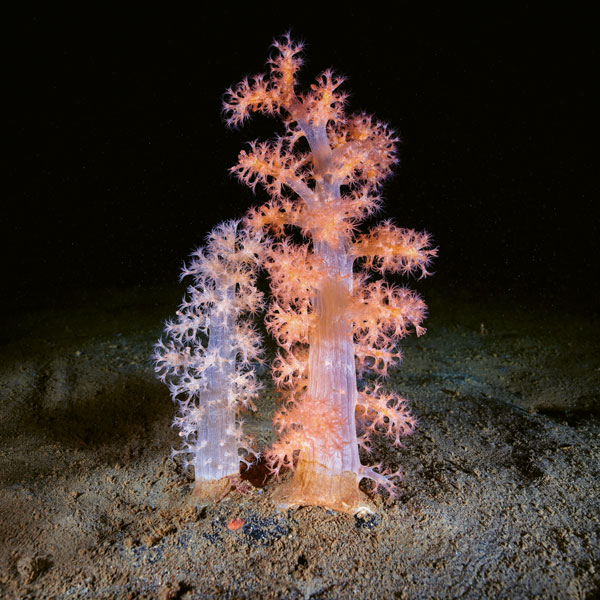China
XI Jinping centralises control over research
China’s new Central Science and Technology Commission is going to further cement the power of the Communist Party.

China has a new Central Science and Technology Commission. It will presumably help President Xi Jinping to centralise control. | Image: Keystone SDA
At the beginning of this year, China set up a new Central Science and Technology Commission (CSTC). It held its first-ever official meeting early in the summer, according to Ta Kung Pao, a newspaper loyal to the Communist Party. What might look like the sluggish start to an administrative construct is probably quite the opposite, as the Hong-Kong-based IT entrepreneur Charles Mok explained in The Diplomat, a current-affairs magazine for the Asia-Pacific region.
He compared the CSTC with China’s Cyberspace Administration – an institution set up just under a decade ago that has meanwhile become what one might today term a ‘super regulator’. It’s gradually acquired more and more power “through powerful legislations such as the Cybersecurity Law, Data Security Law, and Personal Information Protection Law”. This has also been discussed widely in the Swiss media.
Mok believes that the CSTC will similarly advance to become a mighty ‘super agency’. He writes: “We can expect the CSTC to eventually cover rule-making in areas such as education, intellectual property, government investment fund operations, industry adoption of research results, and even countermeasures against foreign sanctions, all in the name of ‘national security’”.
He is convinced that the new Commission is thoroughly in line with trends in China under its President Xi Jinping: “This makes it easier for Xi to centralize his control through an opaque party apparatus and enables him to make rapid policy adjustments”. CSTC’s rapid increase in influence in the fields of research and science will probably only be accelerated by the USA’s sanctions against China’s semiconductor industry and against its research into AI and other upcoming fields, and also by the White House’s recent decision to ban US investment in China in the field of national security technologies.




